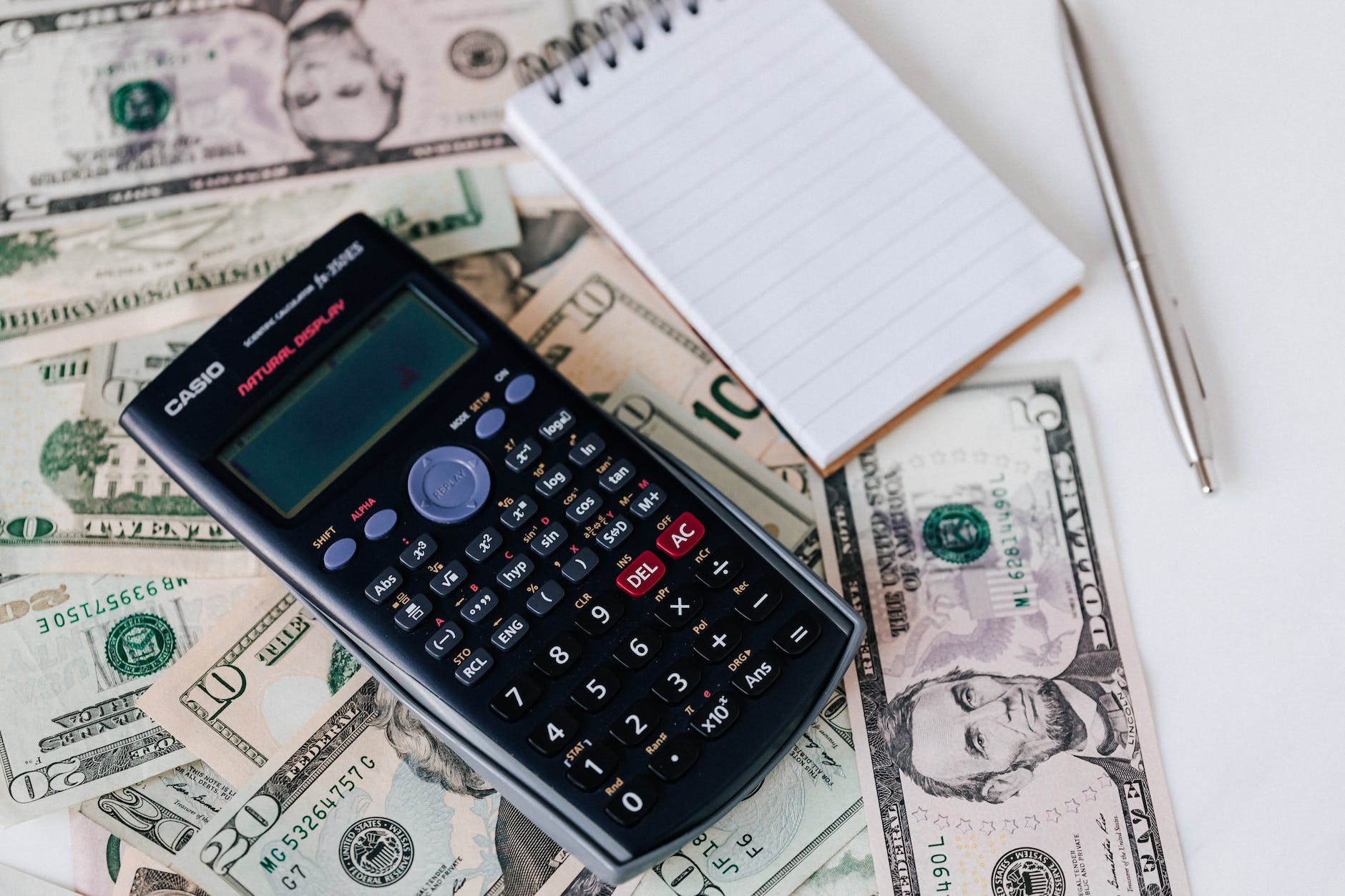Personal loans are a type of loan that you can use for any personal reason, such as debt consolidation, home improvement, medical bills, or emergency expenses. Personal loans are usually unsecured, which means that you don’t have to provide any collateral to get the loan. However, this also means that your credit score is a key factor in determining your eligibility, interest rate, and loan terms.
If you have a low credit score, typically below 630, you may have a hard time getting approved for a personal loan, or you may have to pay a high interest rate and fees. This is because lenders consider you a risky borrower, and they want to protect themselves from the possibility of default. However, this doesn’t mean that you can’t get a personal loan with bad credit. There are some lenders that specialize in offering personal loans for bad credit, or that allow you to apply with a co-signer, a co-borrower, or a collateral.
Benefits of personal loans for bad credit
Personal loans for bad credit have some benefits, such as:
- Access to funds: Personal loans for bad credit can help you access the funds you need, when you need them, for any personal purpose. You can use the money to pay off high-interest debts, cover unexpected costs, or improve your financial situation.
- Credit improvement: Personal loans for bad credit can help you improve your credit score, if you make timely and consistent payments. This can boost your credit history, lower your credit utilization, and increase your credit mix. A higher credit score can help you qualify for better loan terms and rates in the future.
- Fixed terms: Personal loans for bad credit usually have fixed terms, which means that you know exactly how much you have to pay each month, and for how long. This can help you plan your budget and avoid any surprises.
Drawbacks of personal loans for bad credit
Personal loans for bad credit also have some drawbacks, such as:
- High interest rates and fees: Personal loans for bad credit usually have high interest rates and fees, which can make the loan more expensive and harder to repay. You may end up paying more than the original loan amount, especially if you extend the loan term or miss any payments.
- Limited options: Personal loans for bad credit may have limited options, as not many lenders are willing to lend to borrowers with low credit scores. You may have to settle for a smaller loan amount, a shorter loan term, or a less reputable lender. You may also have to provide additional requirements, such as a co-signer, a co-borrower, or a collateral.
- Risk of debt trap: Personal loans for bad credit can put you at risk of falling into a debt trap, if you borrow more than you can afford, or if you use the loan for non-essential purposes. You may end up relying on more loans to pay off your existing debts, or damaging your credit score further.
How to compare and choose the best personal loan for bad credit for you?
To compare and choose the best personal loan for bad credit for you, you should consider the following factors:
- Interest rate and APR: The interest rate and APR are the most important factors, as they determine how much you pay for the loan. You should look for the lowest APR possible, and compare the APRs of different lenders and loan options. The APR includes the interest rate and any fees, and reflects the true cost of borrowing.
- Loan amount and term: The loan amount and term are the amount of money you borrow and the length of time you have to repay it. You should only borrow what you need and what you can afford to repay, and choose a term that fits your budget and goals. A shorter term means a higher monthly payment, but less interest. A longer term means a lower monthly payment, but more interest.
- Fees and charges: You should also check if the lender charges any fees or penalties for the loan, such as origination fees, prepayment penalties, or late fees. These can increase the cost of the loan and reduce the amount of money you save. You should look for a lender that offers low or no fees, or that waives or reduces the fees for certain borrowers or situations.
- Customer service and reputation: You should also consider the lender’s customer service and reputation, as well as the ease and convenience of the application and funding process. You should look for a lender that has positive reviews, responsive service, and transparent policies. You should also check the lender’s accreditation, ratings, and complaints with the Better Business Bureau or other consumer protection agencies.
Where to get a personal loan for bad credit?
There are many sources of personal loans for bad credit, such as online lenders, banks, credit unions, or peer-to-peer platforms. You can use online tools, such as Bankrate or NerdWallet, to compare different lenders and options. You can also check your prequalified rates with multiple lenders without affecting your credit score.
Before you apply for a personal loan for bad credit, you should check your credit score and report, and improve them if possible. You should also calculate your income and expenses, and make a budget and a plan to repay the loan. A personal loan for bad credit can be a useful tool to borrow money with a low credit score, but only if you use it wisely and responsibly.
